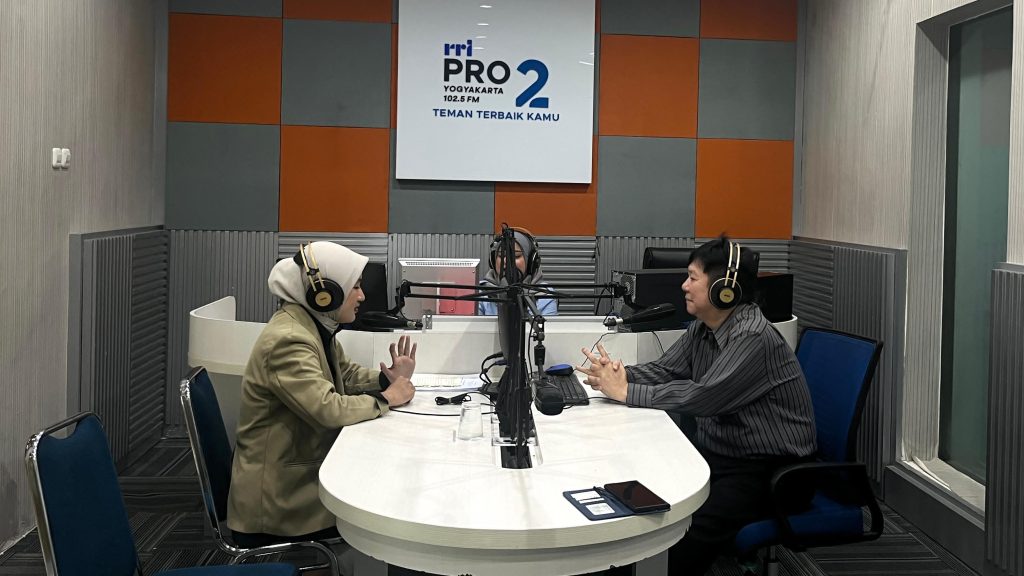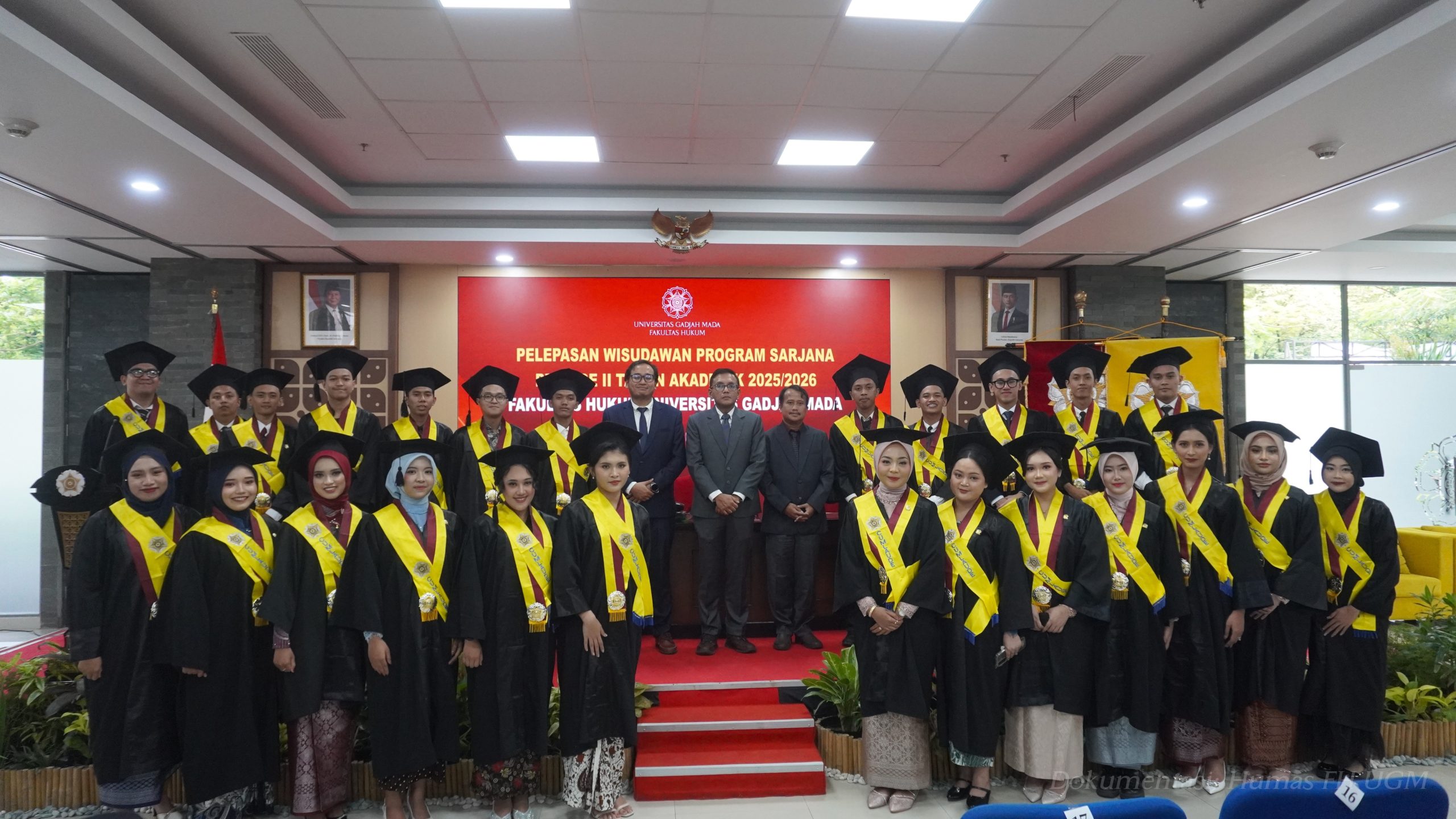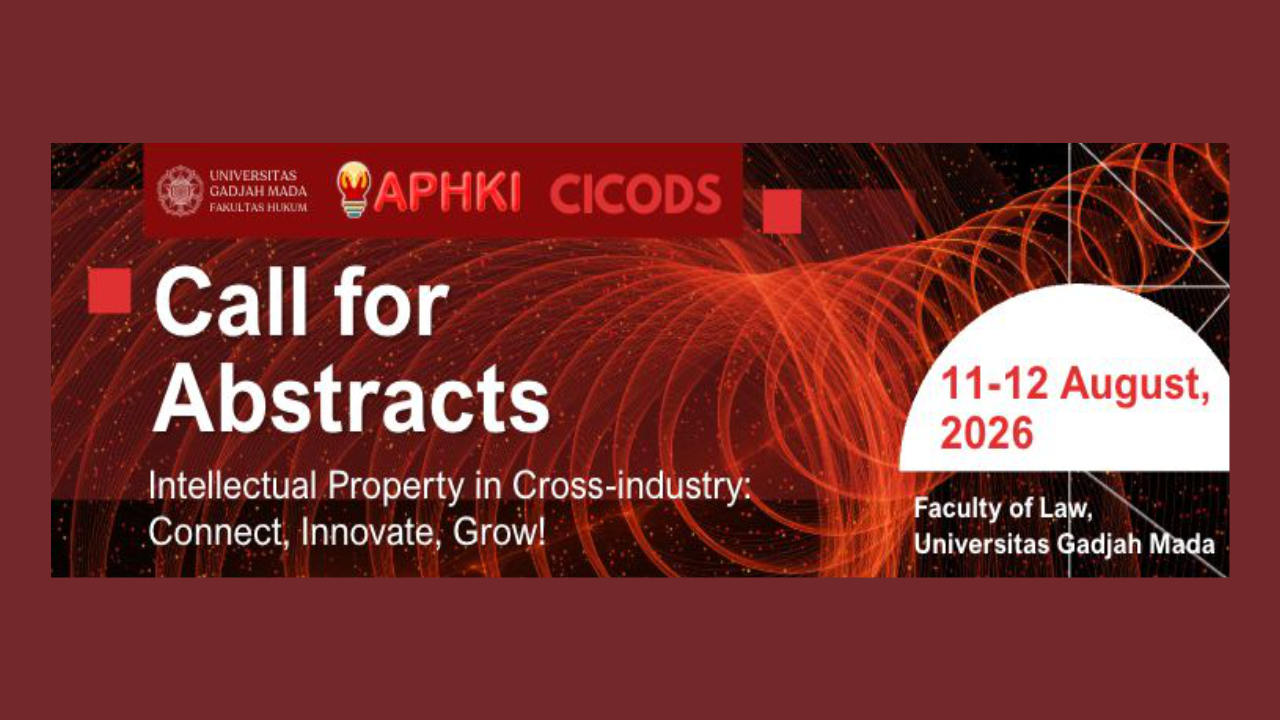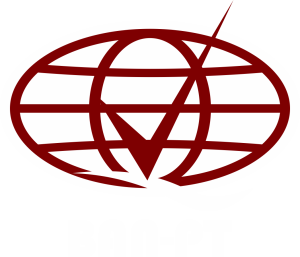Pusat Konsultasi dan Bantuan Hukum (PKBH) Faculty of Law, Gadjah Mada University (UGM), in collaboration with the Master of Notarial Law Study Program, Faculty of Law in UGM, and Radio Republik Indonesia (RRI) Yogyakarta, organized a legal counseling event with the theme: Understanding the Legal Risks of Land Title Certificates Used by Other Parties as Collateral for Mortgage Rights. This activity aimed to raise public awareness of the legal risks that arise when lending land title certificates to others for collateral.
The event broadcast live from RRI Pro 2 Yogyakarta on Wednesday (July 2, 2025) from 12:00 PM to 12:30 PM, featuring two speakers: Mustofa, S.H., as a Notary/PPAT and Akta Tanah Lecturer at the Master of Notarial Law Program in Gadjah Mada University, and Liand Maulidina, S.H., as a Master of Notarial Law student at the Faculty of Law, in Gadjah Mada University.
This legal counseling initiative stemmed from students' concerns regarding the prevalent practice of lending and borrowing certificates, especially among vulnerable communities. The speakers explained that, in practice, individuals often leverage close family, friendships, or personal trust to borrow someone else's land certificate to be used as collateral in credit agreements, based on empathy without knowledge of the accompanying legal risks. Problems begin to arise when the debtor who borrowed someone else's land title certificate commits a default. Although not legally prohibited, this practice often leads to detrimental legal consequences for the owner of the land title certificate, who may not be aware of the encumbrance process on the collateral.
Witnessing the domino effect when people lend their certificates to others for collateral, the impact isn’t only limited to material losses also a threat to their livelihood. People will lose their land rights when they lend their certificates to others for collateral; this happens when the debtor fails to fulfill their debt payment obligations, and the creditor will auction the collateral object. Furthermore, the speakers stated that there is no way out for the certificate owner when the collateral object’s about to be executed; what can be done is to request a postponement of debt payment obligations, so the auction process can be delayed. Therefore, education on the prohibition of lending land certificates to be used as mortgage collateral is very important to increase public awareness in recognizing risks, legal consequences, and preventing misuse that can harm the owner of the land title certificate.
Furthermore, we highly hope that the public will be more careful in observing various schemes of lending land in certificates by other people. This will ensure that in the future, no more people lose their land rights due to carelessness and lack of knowledge about legal risks when lending their land title certificates to others. A collective understanding of the prohibition of lending land title certificates to others will prevent legal risks such as loss of land rights, agrarian disputes, and abandoned land
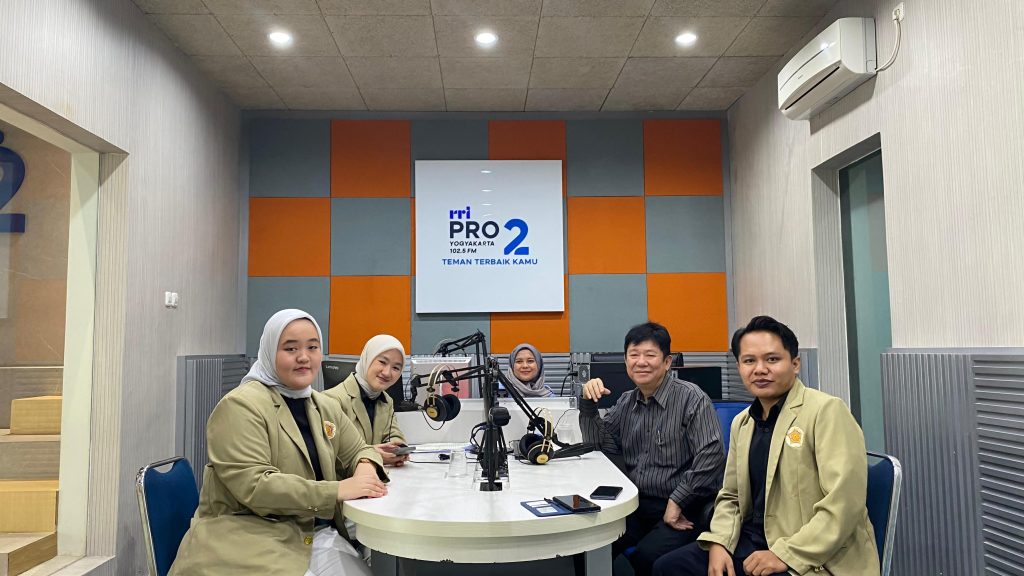
This is certainly in line with the target of point 1 of the Sustainable Development Goals, no poverty, which emphasizes the protection of vulnerable communities to ensure that everyone, especially the vulnerable, can access basic services and social protection. Therefore, an even understanding across all elements of society and recognition of legal risks, especially for vulnerable communities, regarding the importance of safeguarding their land certificates, is needed as a contribution to realizing these SDGs goals.
This initiative also supports Sustainable Development Goal (SDG) 16: Peace, Justice, and Strong Institutions by promoting access to justice through legal education for the public. By raising awareness of legal risks and rights related to land ownership, the program empowers individuals—especially those in vulnerable conditions—to protect their legal assets and to seek justice when facing potential exploitation or legal uncertainty.
Furthermore, this activity aligns with SDG 17: Partnerships for the Goals by exemplifying collaboration between academic institutions, public service entities, and media. The synergy between UGM, the Master of Notary Program, and RRI Yogyakarta illustrates how multisector partnerships can play a critical role in disseminating legal knowledge and strengthening civic engagement to support inclusive and sustainable development.
Author: Legal Counseling Team of the Master of Notarial Law Program, Faculty of Law in UGM
Editor: PR


